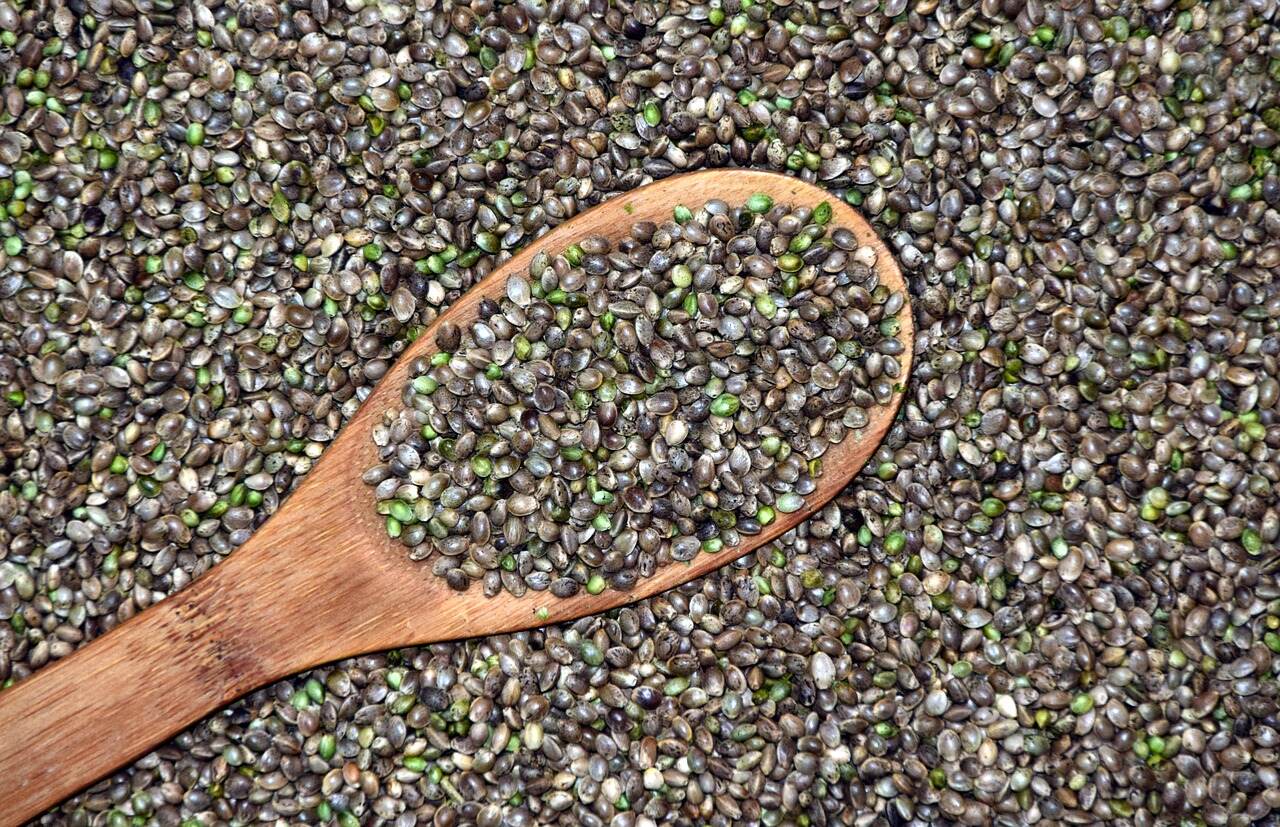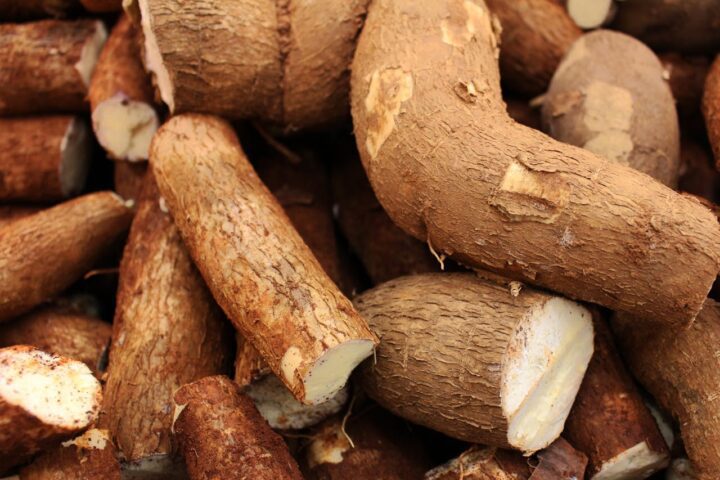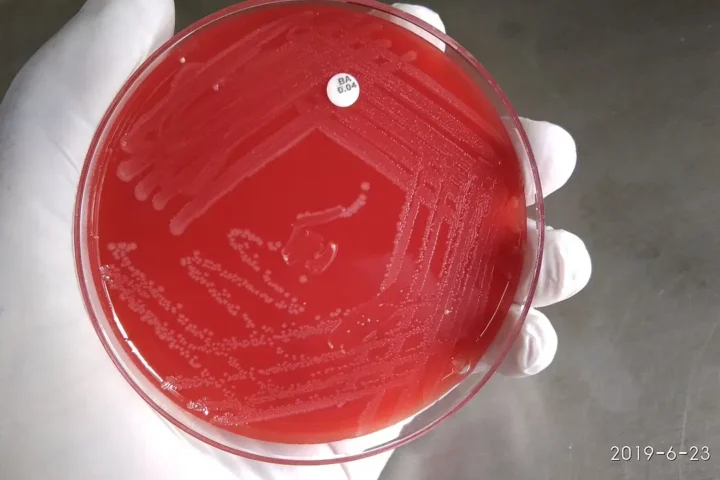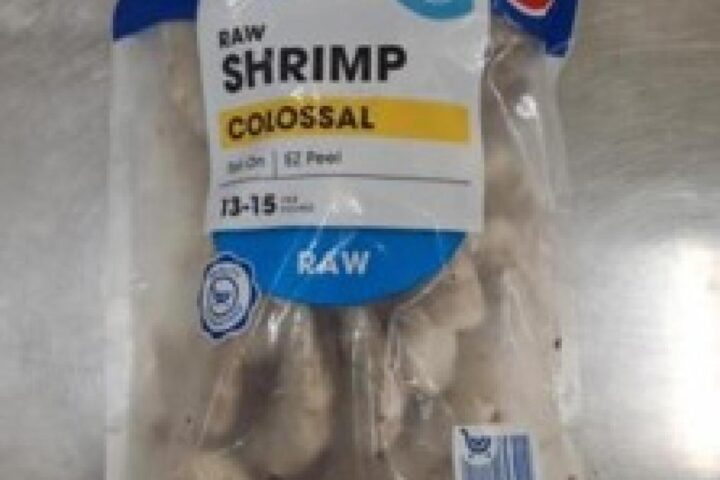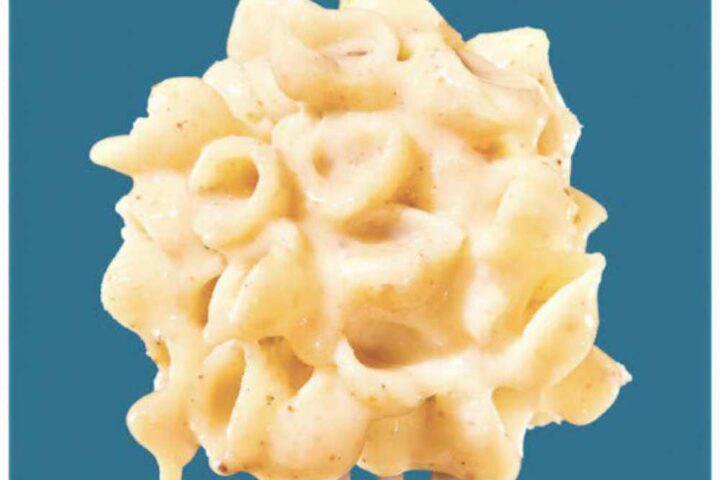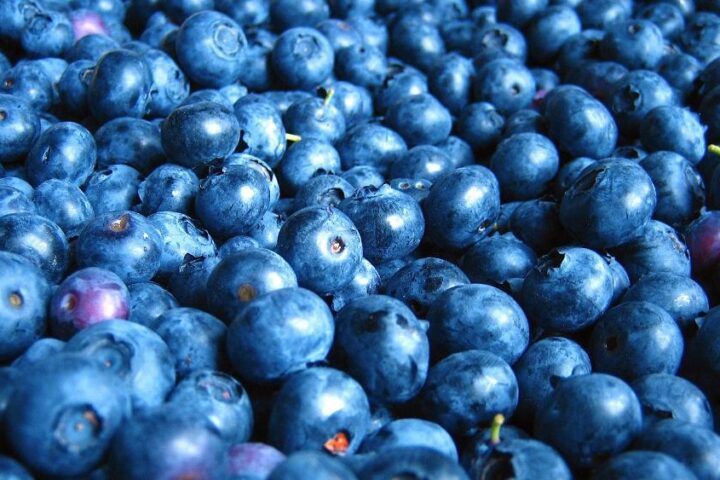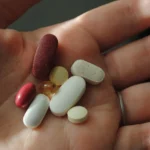In the quest for optimal digestive health, researchers are leaving no stone unturned, including the oft-overlooked byproducts of common foods. Enter hemp hulls, the outer layer of hemp seeds, which are now in the spotlight for their potential to revolutionize gut health.
Bioactive Compounds: The Key Players
A recent study published in the journal Food Chemistry: X by a team from the University of Nevada, Reno, has shed light on the hidden gems within hemp hulls: bioactive compounds known as N-trans-caffeoyltyramine (NCT) and N-trans-feruloyltyramine (NFT).
Assistant Professor Steven Frese, who led the research, explains, “NCT and NFT have been hypothesized to drive regulation of gut permeability, but these components have not yet been studied in the context of the human gut microbiome.”
The study examined the effects of these compounds, both in purified form and as part of a hemp hull product called Bio Gut Fiber™, on the growth of gut microbes from the diverse community in the human digestive system.
Nourishing the Microbiome
The results were promising, with in vitro testing showing that Bio Gut Fiber™ encourages the growth of gut microbe communities found in the human digestive system. This is a significant finding, as a thriving and diverse microbiome is crucial for overall digestive health.
Frese notes, “We found a dose-dependent effect of NCT and NFT on microbial communities. Here, we describe novel potential for hemp-derived bioactives to shape the gut microbiome.”
Similar Posts
Fiber: The Unsung Hero
But it is not just the bioactive compounds that make hemp hulls a gut health powerhouse. Hemp seeds, especially the hulls, are rich in both soluble and insoluble fiber, which play crucial roles in maintaining regular bowel movements, nourishing beneficial gut bacteria, and reducing the risk of constipation.
As Frese points out, “Americans don’t eat anywhere near enough fiber, and new ingredients like Bio Gut Fiber are important and novel ways to help add fiber to one’s diet – whether alone or as an ingredient in other foods.”
Enhancing Short-Chain Fatty Acid Production
The study also found that Bio Gut Fiber™ raises short-chain fatty acid (SCFA) production in vitro. SCFAs, such as acetate, butyrate, and propionate, are produced by gut bacteria when they ferment fiber, and they play important roles in maintaining gut health.
Quantification of SCFA production identified significant differences across the control, methylcellulose, and Bio Gut Fiber™ groups, with Bio Gut Fiber™ treated communities showing the highest mean concentrations of acetate, propionate, and butyrate.
Future Directions and Implications
While these findings are exciting, Frese cautions that more research is needed to fully understand the mechanisms at play. “We need to understand the mechanism behind the microbiome responses we found so we can better recognize if there are other effects we didn’t expect, or if there are other benefits we need to understand in the future,” he says.
Nonetheless, the potential implications are far-reaching. Not only could hemp hull-derived products offer a new avenue for supporting digestive health, but they could also provide a use for a byproduct that’s often overlooked during hemp processing.
As Frese puts it, “Our aim is to get discoveries out of the lab and into the hands of people in the community who can make a difference. This project is one of the examples of that, and we hope to continue to work with industry partners and other researchers at UNR to help bring discoveries from the University out to benefit Nevadans and the country as a whole.”
With digestive issues affecting a significant portion of the population, the humble hemp hull may hold the key to unlocking better gut health for countless individuals. As research in this area continues, we may soon see hemp hulls taking center stage in the world of digestive wellness.
